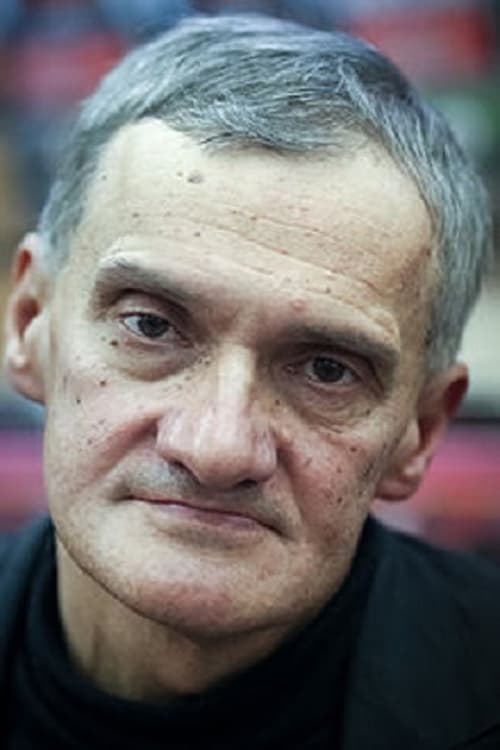Yuriy Arabov
Birth : 1954-10-25, Moscow, USSR (now Russia)
History
Yuri Nikolaevich Arabov (Russian: Юрий Николаевич Арабов) (born 25 October 1954) is a Russian screenwriter, writer, poet and educator. He is known for his long-lasting collaboration with Alexander Sokurov. He is an Honored Artist of the Russian Federation (1999).
From Wikipedia, the free encyclopedia
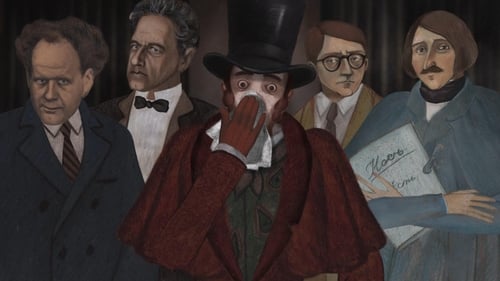
Screenplay
An exploration of 20th century Russia, following the fusing of the Party and the state after the Russian Civil War, which opened the doors to corruption, resulting in the exiling of the left and right opposition. Described using a combination of historical settings, biographies and masterpieces from Russian avant-garde artists, composers and writers from this period in history.

Screenplay
The film is a parable about fear; it is a story about the attitudes of a mother and daughter deprived of love, who temporarily find mutual understanding, rallied by fear before the story invented by the mother about a cannibalistic wolf. On a philosophical level it is a reflection on the lost purity of thoughts, which is the main condition for the harmony of human life, and yet another illustration of the proverb: “The sleep of reason produces monsters”
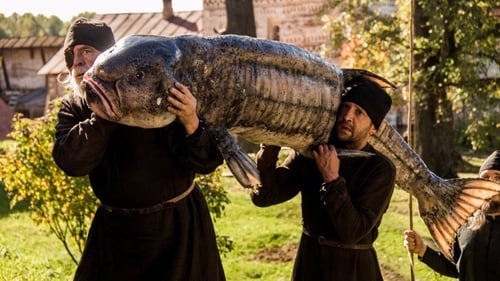
Writer
Fantastic story of the first half of the XIX century about a monk named Ivan who must fight the dark forces in his monastery.

Writer
A story of a young girl Claudia who works as a security guard on a slowly dying metal plant.

Writer
They don't really know each other. She lives in penury. He holds a pawnshop. Poverty makes her marry him, despite she doesn't love him and even despises. After the marriage takes place, the family war begins. Based on a novel 'A Gentle Creature' by Fyodor Dostoevsky.

Writer
Orléans is a typical provincial Russian town on the banks of a salt lake called Yarovoye. The town is 'steeped in evil'. But it isn't some great evil. This evil is of a banal and everyday type: Lida the hairdresser has indiscriminate affairs, followed by numerous abortions; Rudik the doctor enjoys an endless supply of women, thanks to his position, neglecting his paralyzed father who lives with him and hoping the old man will die soon; the local officer of the law has no qualms about committing murder; a magician from the local circus might actually be sawing women in half on stage... One day, a mysterious man appears in this quiet backwater town. He goes by the title of the Executor: at least that's what it says on his business card...

Writer
The film is based on the life of Marina Tsvetaeva, one of the most tragic and greatest poets of the 20th century. The authors follow her in Russia, then in immigration in Prague and Paris, and then her return to Russia where she committed a suicide a few month after her arrival.

Writer
It is the word "horde" that had meant, for many countries and nations, bloody raids and being under humilating contribution for centuries - a strange and scary world with its own rules and customs. To be or not to be for Rus (Ruthenia), that is the price of the one-man mission as he is departing to this world to accomplish a feat. The film tells the story of how Saint Alexius, the Metropolitan of Moscow and Wonderworker of All Russia, healed the Tatar Queen Taidula, Jani-Beg's mother, from blindness, in 1357.
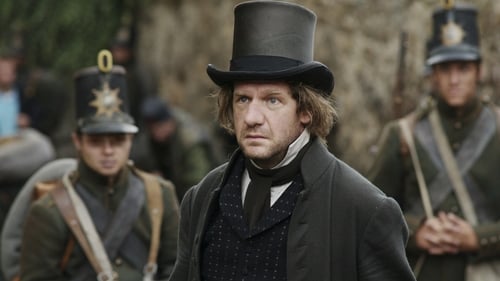
Book
Faust inhabits an earthy, 19th-century world of primitive autopsies and medical rituals. He becomes obsessed with the beautiful Margarete and desperately turns to a physically grotesque moneylender to conjure their union.
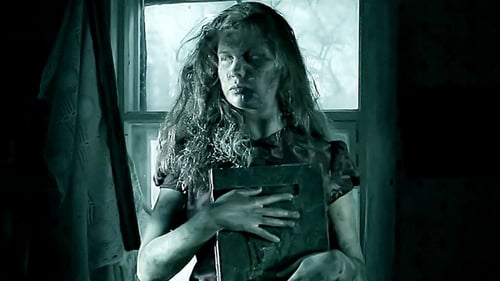
Screenplay
The film is based on real events that took place in Samara in 1956 and known as the "Standing Zoe." During the holiday girl, without waiting her betrothed, removes the icon from the wall and Nicholas begins to dance with her, but suddenly freezes in place. This state continues for many months. Residents of the provincial town are frightened by this extraordinary event, which is cluttered with rumors and speculation. To try to understand the situation, there goes metropolitan newspaper journalist ...
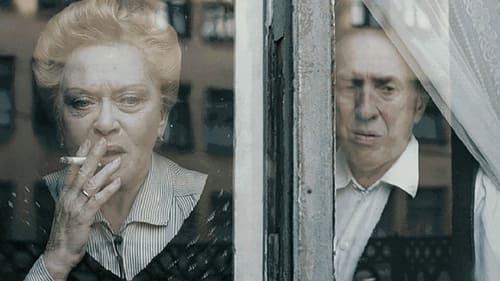
Writer
A semi-fictional account of the life of Russian poet Joseph Brodsky, who was forced into American exile in 1972.

Writer
Before leaving Russia and moving to Western Europe, famous opera singer Lyuba travels to her hometown to say goodbye and show her teenage son around. But Andrey, Lyuba’s son, disappears and she must stay in the place she hates the most to search for him. A piercing exploration of identity and transformation, against the backdrop of a Russian hinterland, surrounded by Orthodox churches and snow.

"The fate of a person can not only be explained, but also predicted, using the same laws according to which a screenplay is built," says Yuri Arabov, a well–known Russian screenwriter, winner of the Cannes Film Festival. One day, an inexplicable, at first glance, event occurred in the fate of Arabov himself. He received a call from a man who claimed that he was his father, who had left him with his mother 40 years ago, and whom Arabov himself had long considered dead…

Writer

Writer
Russian TV miniseries of Boris Pasternak's classic novel.
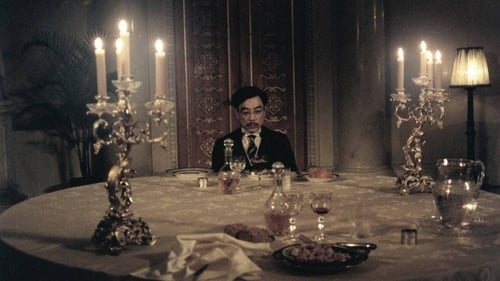
Writer
Biographical film depicting Japanese Emperor Shōwa (Hirohito) during the final days of World War II. The film is the third drama in director Aleksandr Sokurov's trilogy, which included Taurus about the Soviet Union's Vladimir Lenin and Moloch about Nazi Germany's Adolf Hitler.

Writer
The film is dedicated to the little-known period of life of the great Russian composer P.I. Tchaikovsky. He appears before us not as a canonical gray-haired genius, recognized and crowned with world fame, but as a young, insecure man who comes to visit his sister for several summer days. Relatives and friends, “little people”, give the great artist love, care and spiritual support, helping him to find himself, to overcome “torture by the sounding world”. For them, as well as for the authors of the film, Tchaikovsky is an angel thrown to the ground, reminiscent of the ultimate mission of man ...

Writer

Screenplay
Film by Andrey Khrzhanovsky based on the works of Joseph Brodsky.
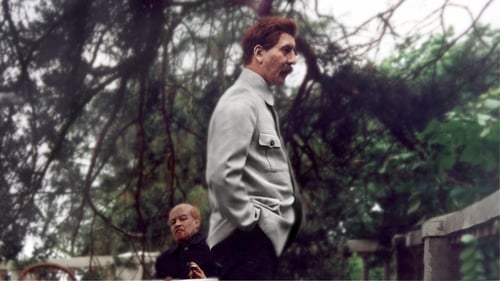
Screenplay
Unfolding over two days in 1924, the film depicts the dying Lenin, world revolutionary and father of the USSR, now powerless and isolated at his Gorki estate. Cared for by his wife, Nadezhda Krupskaia, sister Maniasha, his German doctor and several attendants, Lenin raves about his diminishing faculties, discusses the deaths of great figures (including Marx), rides a car to a picnic in a meadow and ponders his historic legacy.
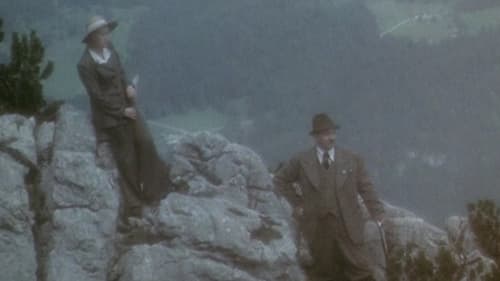
Writer
In 1942 Bavaria, Eva is alone, when Adolf arrives with Josef, his wife Magda, and Martin to spend a couple of days without politics.

Screenplay
A man goes for a walk through the countryside with his dying mother.

Screenplay
A 1993 Russian language drama film directed by Andrei Dobrovolsky, starring Aleksey Petrenko, Aleksandra Butorina and Aleksandr Adabashyan. The film screened at International Film Festival Rotterdam in 1994.

Writer
Via the New York Times: "...a severely obscure meditation on pre-revolutionary Russia in the form of an encounter between a ghost from the past and the ghost's present-day guardian. In fact, the two characters seem to be the shade of Anton Chekhov and the young man who tends a Chekhov museum in the Crimea, though that is never made explicit."

Writer

Writer
A man tries to come to terms with his father's death and to deal with the mundane details of his burial in a society cut off from spirituality.

Screenplay
Volodya, who lives with his mother in the apartment on the outskirts of St. Petersburg, gets a pre-revolutionary book on magic rituals of Africa. Reading it, Vladimir realizes that he became an owner the supernatural gift – he can kill people by his own will.

Screenplay
Inspired by Flaubert’s Madame Bovary, Sokurov’s Save and Protect recalls the most crucial events of Emma’s decline and fall: affairs with the aristocratic Rodolphe and the student Leon, the humiliation that follows her husband’s botching of the operation on the stable boy’s clubfoot. The universality of the theme of eternal struggle between the soul and the flesh is conveyed through the absence of specific reference to time or place: although the film seems to begin in 1840, its surreal mode effortlessly accommodates an automobile and the strains of “When the Saints Go Marching In” on an off-screen radio. Focusing on passion from a woman’s perspective and downplaying plot, Sokurov explores his subject in exquisite detail, capturing not only the heat of passion but also the quiet moments before and after and the innocent sensuousness of the body.
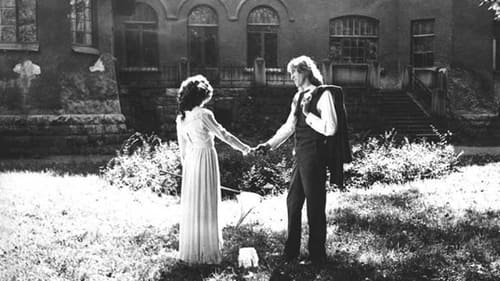
Writer
A famous artist strives to find the secret of eternal life through the beautiful mannequins he creates.

Screenplay
This bleak late soviet-era drama follows the career of Malyanov, a young medical school graduate who has been sent to work in Turkmenia. Here he runs into a hodge-podge of people of differing ethnicities, all of them victims of the government's earlier mania for relocating and eliminating whole ethnic groups and classes of people. These desperately unhappy people are unable to find any pleasure in this diverse companionship, but instead are antagonistic to it, and often resort to desperate measures in their doomed attempts to ease their pain.

Screenplay
Set in the early 1920s after the end of the Russian Civil War, Red Army soldier Nikita returns to his hometown to see his partner Lyuba, both of whom are scarred by the trauma of the Russian Empire of yesteryear.

Writer
The action in this lavishly produced film takes place at an oddly ark-shaped mansion during World War I, and in spirit (although not in story) it reflects the play which inspired it, the ferociously antiwar Heartbreak House by George Bernard Shaw. A large group of family and friends have gathered at this country house to dance, drink, and converse. Their conversation, in particular, is adorned with erudite literary references and quotations. Despite their apparent refinement, their preoccupations are simple: sex and violence. Disquieting images break the tranquility of the vacationers' inappropriate idyll: some of these include documentary footage of starving African children, images (both real and re-enacted) of George Bernard Shaw going about his daily life, and a corpse coming to life on an autopsy table, only to cheapen that miracle by scolding a group of women. The music used in the film ironically points to its disturbing message and is uniformly anachronistic.

Screenplay
A graduate of the Philology Department of Moscow State University from the 1960s enters into a confrontation with the Albanian dictator and ends up in prison.

Director
A graduate of the Philology Department of Moscow State University from the 1960s enters into a confrontation with the Albanian dictator and ends up in prison.
